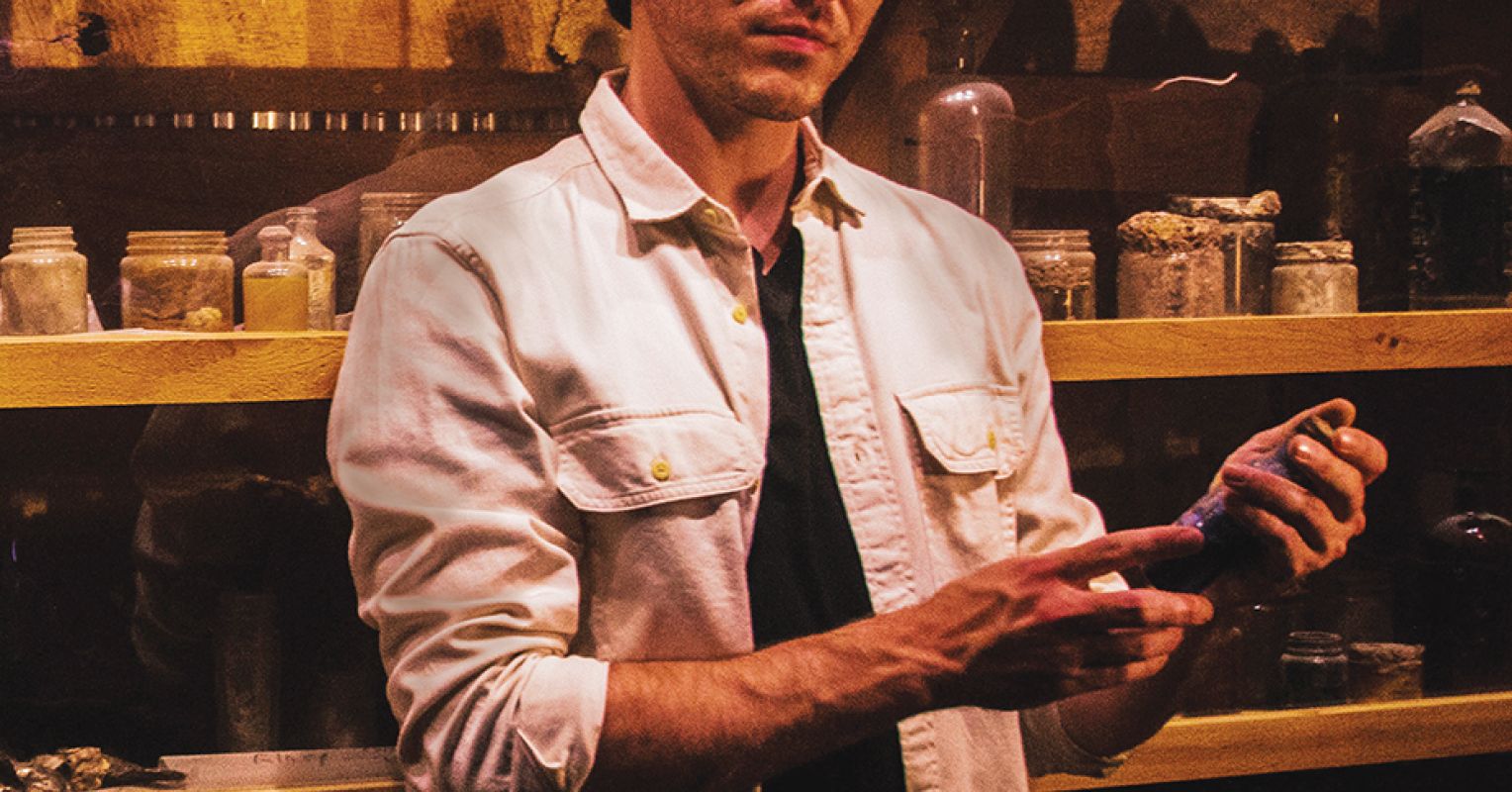
"Do you run to a haunted house every Halloween? Do you rubberneck after a grizzly car crash? Do you devour grotesque true crime documentaries? If so, that's natural-and it may even be good for you, according to Coltan Scrivner, a researcher of all things macabre and a fan as well-one recent project was founding a horror film festival where he lives in the Ozarks."
"It's good for prey to know about the predators they live around. It's good for a zebra to know about the lions that live around it. It's good for a deer to know about the wolves that live around it. How does the zebra or deer learn about predators? They don't have books, language, or similar ways to transmit information."
"You see the same thing with humans. The difference is that we have culture and language to tell stories, so we don't have to learn about it firsthand. That drastically reduces how dangerous it is to learn about threats. You can learn about almost any kind of awful, terrible danger from the comfort of your home. Our brains pick up on that."
People seek out macabre stimuli such as haunted houses, crash scenes, and true crime documentaries, and that tendency can be beneficial. Morbid curiosity evolved to help prey recognize predators by prompting observation when it is relatively safe. Zebras and deer learn about nearby lions or wolves by being selectively curious, avoiding observation when risk is high. Humans inherit the same attention machinery but supplement it with culture and language, allowing vicarious learning without direct danger. Media and stories enable learning about threats from home. True crime exemplifies this by emphasizing the suspect, missed warning signs, and victims' oversights.
Read at Psychology Today
Unable to calculate read time
Collection
[
|
...
]